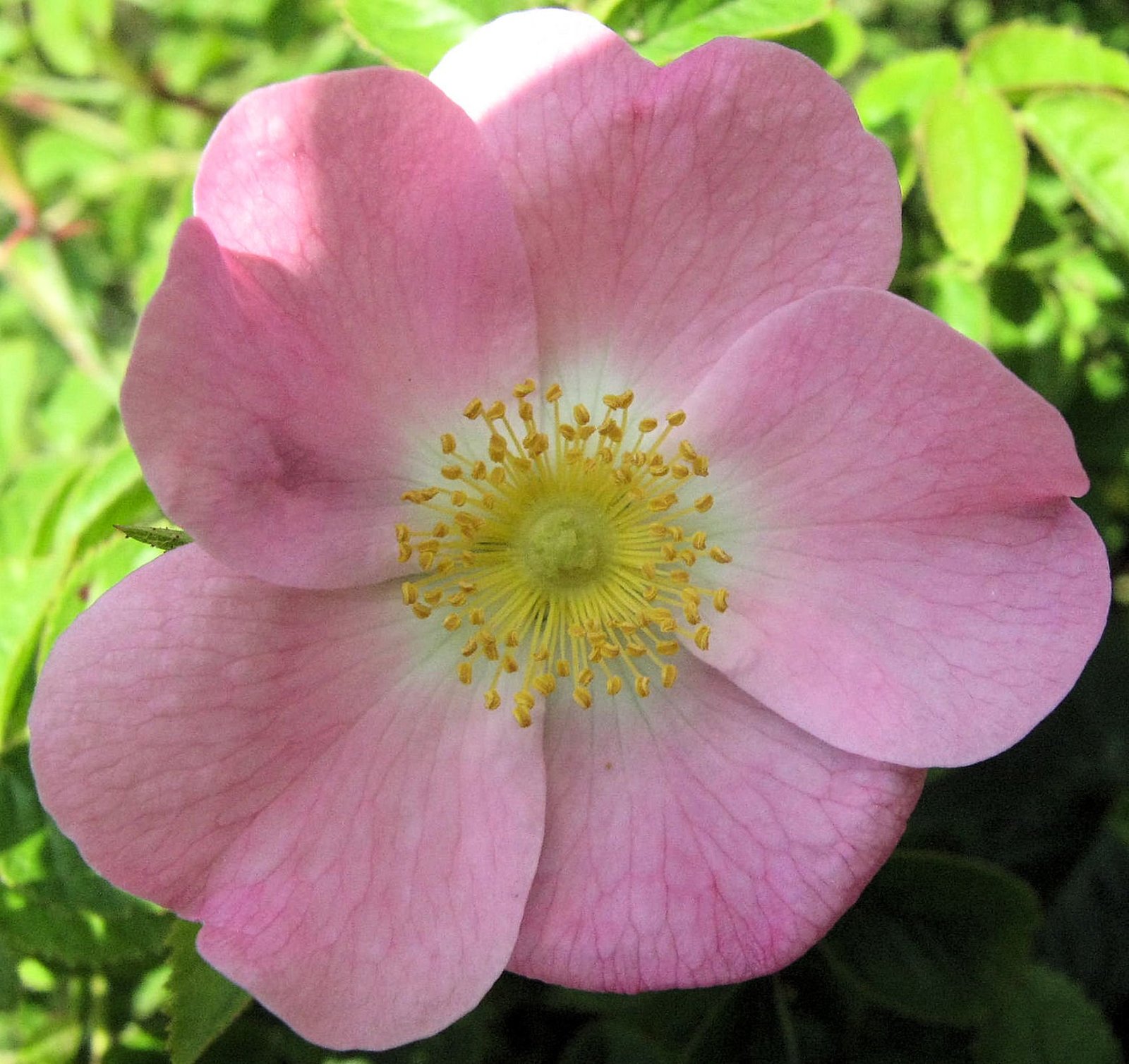What are the Scientific Studies and Clinical Trials on Rose Water in Skincare?

Several studies and clinical trials have evaluated the efficacy of rose water in skincare, focusing on its effects on hydration, anti-inflammatory properties, and skin irritation relief.
-
A clinical study published in the Journal of Xi’an Shiyou University evaluated the moisturizing and glowing effects of rose water on the skin. The study involved 20 healthy individuals aged 20-25 years, where rose water samples were applied twice a day for three weeks. The results showed significant improvements in skin hydration, oil content, and glow, indicating its effectiveness as a moisturizer and hydrator[2].
-
Another study published in the International Journal of Pharmaceutical and Clinical Research assessed the antioxidant and anti-inflammatory activities of a cream formulation containing rose water. The study found that the rose water cream formulations exhibited high antioxidant and anti-inflammatory activities, attributed to the presence of polyphenolic compounds such as flavonoids, tannins, and triterpenoids. This suggests that rose water can help in reducing oxidative damage and inflammation in the skin[4][5].
-
Healthline and MedicalNewsToday also highlight the anti-inflammatory and hydrating properties of rose water, which can help in treating skin conditions like eczema, psoriasis, and dry skin. Rose water’s ability to soothe and protect the skin barrier is well-documented, making it a useful natural toner[1][3].
What is the Chemical Composition of Rose Water?

 , licensed under CC BY-SA 2.0
, licensed under CC BY-SA 2.0Rose water is rich in various active compounds that contribute to its benefits:
-
Polyphenolic Compounds: These include flavonoids, tannins, triterpenoids, and saponins, which are primarily responsible for the antioxidant and anti-inflammatory properties of rose water[4][5].
-
Vitamins: Rose water is high in vitamins A and C, which are known for their anti-aging properties and their role in protecting the skin from oxidative damage[3].
-
Antioxidants: The presence of antioxidants in rose water helps protect the skin cells from damage caused by free radicals, which can lead to aging and other skin issues[1][3].
How Can Rose Water be Used in Beauty Routines?
-
Hydration and Toning: Rose water can be used as a natural toner to remove dirt, oil, and dead skin cells from the face. It helps in hydrating the skin and restoring its pH balance. It can be applied after cleansing and before moisturizing[3].
-
Anti-Inflammatory and Anti-Aging: Due to its anti-inflammatory properties, rose water can be used to treat mild acne, eczema, psoriasis, and other skin conditions. It also helps in reducing the appearance of fine lines and wrinkles[1][3].
-
Wound Healing: Rose water can be applied topically to wounds, cuts, and burns due to its antiseptic and anti-inflammatory properties[1].
-
Recommended Dosages and Frequency: Typically, rose water can be applied twice a day. For a patch test, apply a small amount (about the size of a dime) on the arm and wait 24 hours to check for any adverse reactions. It can be mixed with other moisturizing ingredients like ceramides or glycerin for enhanced hydration[1][3].
-
Potential Side Effects: While generally safe, rose water can cause side effects such as burning, stinging, redness, or irritation in some individuals. If any of these symptoms occur, it is advisable to consult a doctor[1].
What are the Documented Case Studies or Testimonials?
While there may not be extensive case studies with before-and-after comparisons, the clinical studies mentioned above provide quantitative data on the effects of rose water on skin health.
-
The clinical study on moisturizing and glowing effects of rose water involved 20 healthy females aged 20-25 years and showed significant improvements in skin hydration and glow over a three-week period[2].
-
The antioxidant and anti-inflammatory activity study compared different cream formulations containing rose water and found that these formulations were effective in reducing oxidative damage and inflammation in the skin[4][5].
Reference
[1] https://www.medicalnewstoday.com/articles/320216
[2] https://www.xisdxjxsu.asia/V18I10-76.pdf
[3] https://www.healthline.com/health/beauty-skin-care/is-rose-water-a-toner
[4] https://www.ijpcr.com/article-details/12524
[5] https://www.ijpcr.com/article-details/12525
